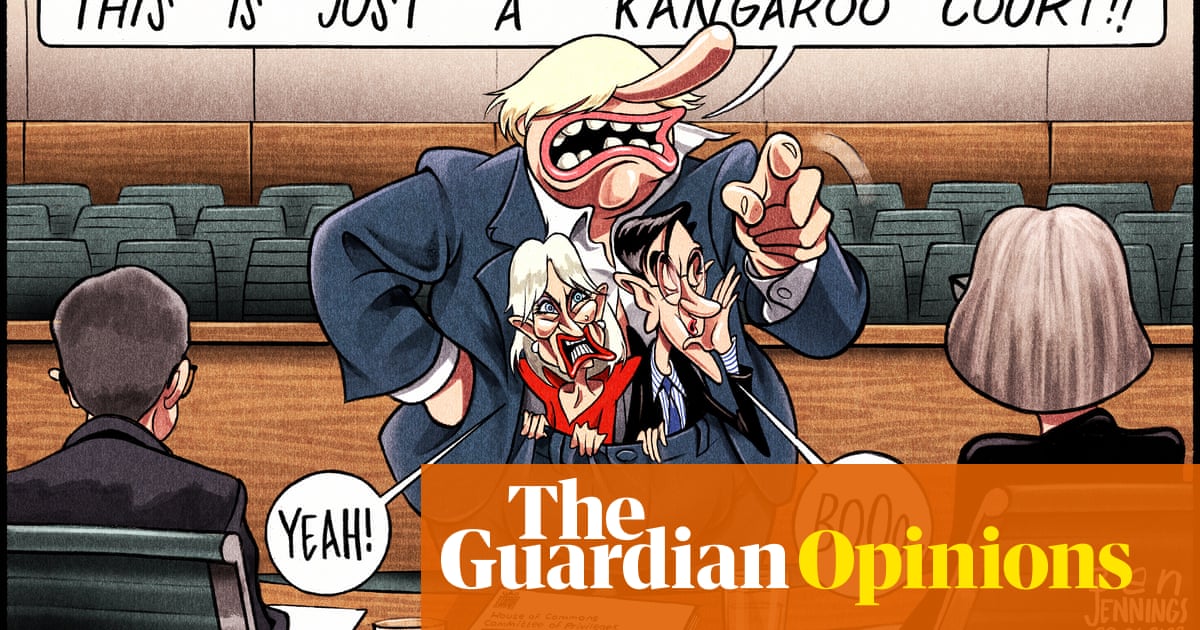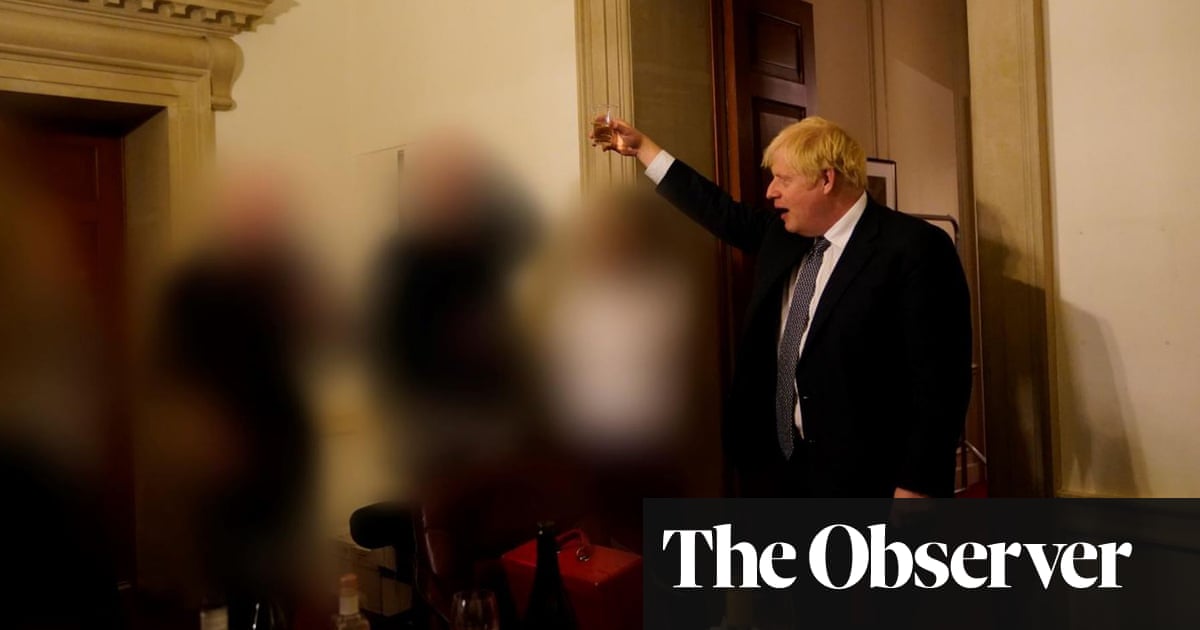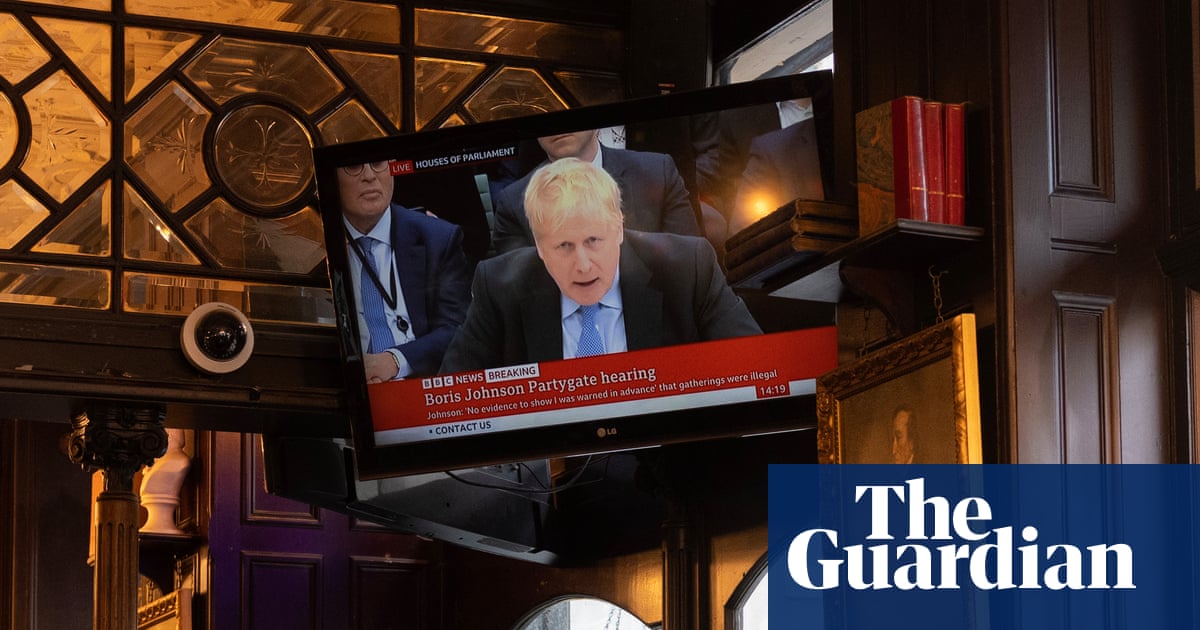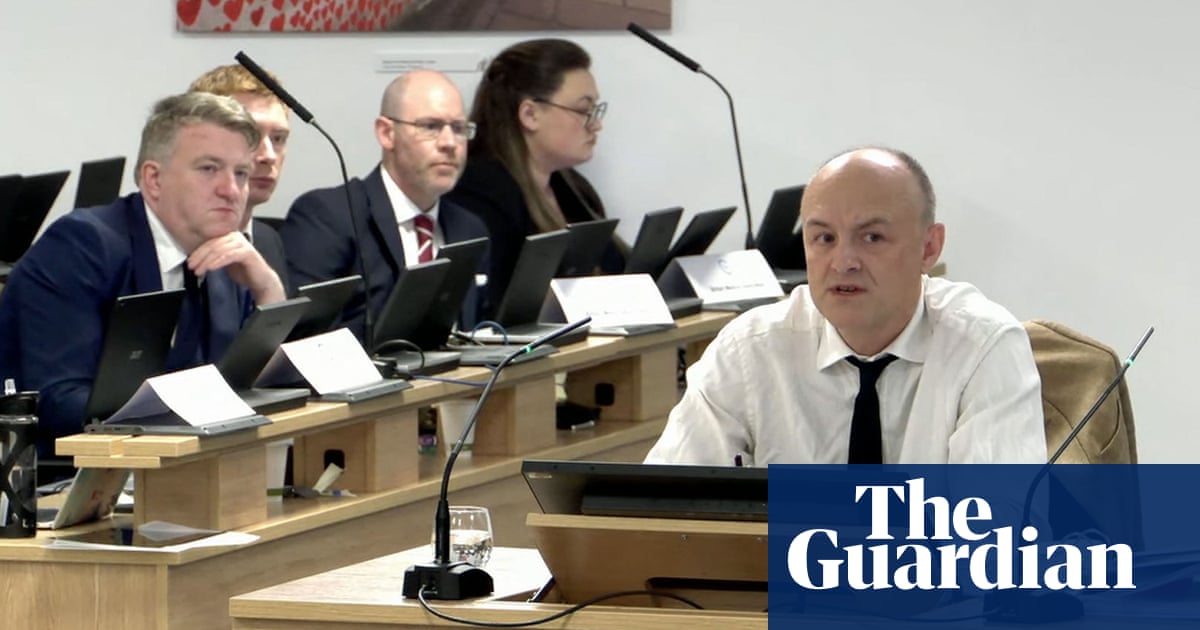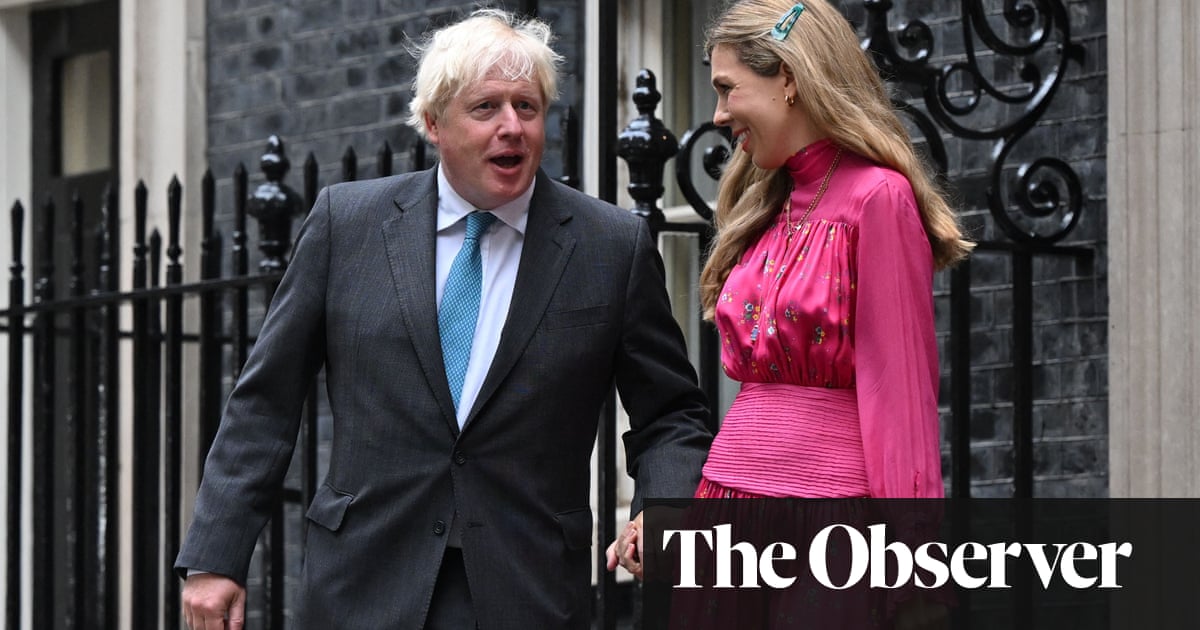
The inquiry into whether Boris Johnson misled MPs over rule-breaking parties in Downing Street is homing in on a gathering in his private flat, the Observer understands.
Follow-up exchanges with witnesses working with the inquiry are now taking place as the privileges committee, led by Labour grandee Harriet Harman, works its way through a huge tranche of evidence handed to it by the government at the end of last year.
One of its focuses has become the so-called “Abba party” held in Johnson’s flat above 11 Downing Street on 13 November 2020, a gathering that included food, alcohol and music allegedly so loud that it could be heard downstairs in the press office. Johnson, the then prime minister, is known to have been present for at least part of the evening.
The gathering was not investigated by Sue Gray, the senior civil servant who examined reports of rule breaking during Covid lockdowns. Crucially, however, it is now central to the privileges probe because Johnson was asked about it directly in the House of Commons. His response, which he continues to stand by, was that “whatever happened, the guidance was followed and the rules were followed at all times”.
It is one of four specific denials of rule breaking Johnson gave to MPs that the committee is examining. At the time of the flat gathering, the second national lockdown was in place requiring people to stay at home. Indoor gatherings of two or more people from other households were prohibited except for permitted exceptions, including where it was “reasonably necessary … for work purposes”.
The gathering came in the hours after the departure of Dominic Cummings and Lee Cain, two of Johnson’s most senior advisers, who left after losing a power struggle with Johnson’s then fiancee and now wife, Carrie Johnson.
Gray’s report stated that “a meeting was held” in the flat to discuss “the handling of their departure” and that five special advisers attended. Johnson joined them at about 8pm. However, Gray said she had only collected limited information because she had been interrupted by the start of the Metropolitan police’s own inquiries into rule breaking. Once the police had finished, Gray concluded it was “not appropriate or proportionate” to return to the incident.
Cummings, now an arch critic of Johnson and his wife, has since said he was baffled by the fact that the gathering was not probed sooner. “Dozens of people downstairs could hear it, so all the police had to do was interview any one of them,” he said in an interview. “You don’t have a work meeting, at the top of No 10, where the music is so loud that you can hear it in the fucking press office.”
Johnson’s denial that rules were broken in the flat that evening mean it is a key to the privileges committee’s work on whether MPs were misled. It has also emerged that all witnesses working with the inquiry have continued to cooperate, despite the fact that their identity may be passed on to the former prime minister when he is asked to respond to the claims against him. Names will only be omitted in “exceptional circumstances”, but it is understood that no witnesses have yet asked for their name to be redacted.
The committee is made up of seven MPs, including four Tories. While its report was commissioned in April, its investigation was transformed by the release of information by the government in November. Whatever its findings, the report will run into a clash in the Commons as MPs will have to vote on any sanction recommended.
It comes with the Met being urged to reopen its investigation into the Partygate scandal following the release of a podcast that raised questions about the force’s initial inquiry. The deputy chair of the London Assembly’s police and crime committee has written to the Met commissioner, Mark Rowley, asking if he was “taking new information into account when making a decision regarding the reopening of the investigation” into the Downing Street lockdown parties.





